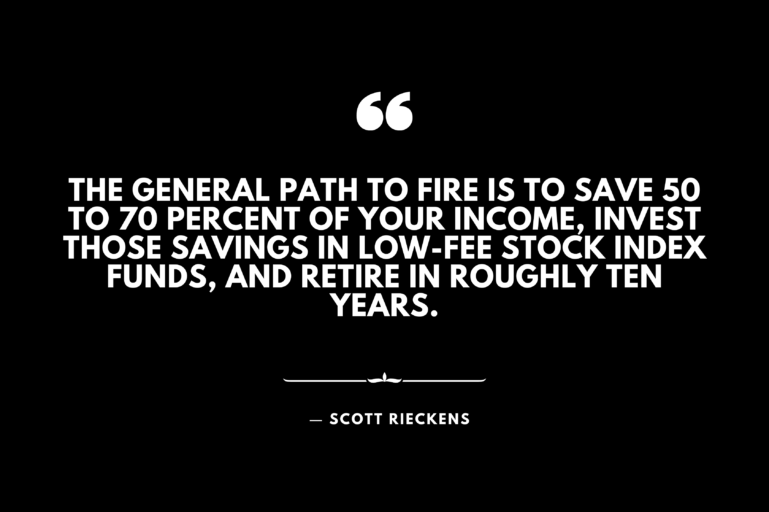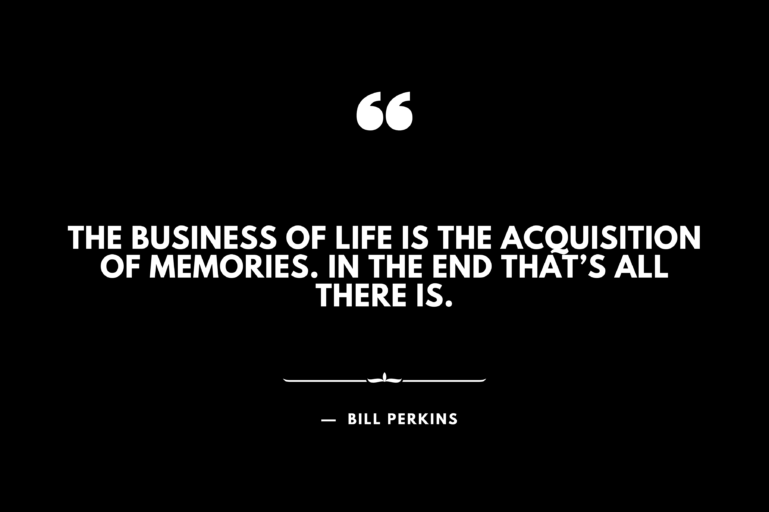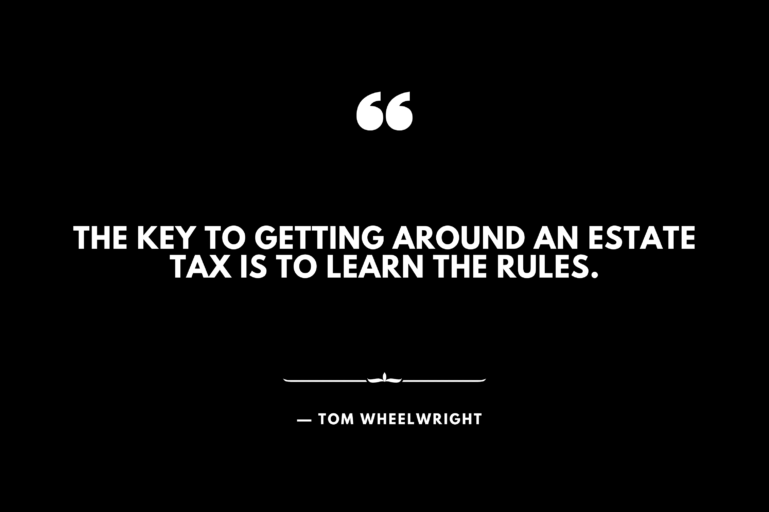FICO credit score ranges are like a financial report card for lenders. It’s a way for them to quickly figure out how good you are at handling money.
This score is calculated using five things: your history of making payments, how much money you owe, how long you’ve been using credit, the different types of credit you have, and any new credit you’ve recently taken on.
Why do lenders care about your credit score range? Well, it helps them decide if lending you money is risky or not. And it can make a big difference in whether you get a loan and how much you’ll pay in interest.
Let’s dive a bit deeper into what those credit score ranges mean for you.
| FICO Credit Score Ranges: Highlights |
|---|
| Credit score ranges help lenders decide loan eligibility. |
| Credit scores consider factors like payment history and debt. |
| Credit scores influence loan approvals and interest rates. |
| An exceptional FICO score is 800-850, very good is 740-799, good is 670-739. |
What you'll learn:
➤ What’s a Credit Score?
Your credit score is like a risk indicator for lenders when you want to borrow money. One of the most well-known credit score models is FICO, created by the Fair Isaac Corporation, and widely used by credit agencies to assess a borrower’s risk.
Another credit score system is VantageScore, but FICO is the more commonly used one. Both FICO and VantageScore ratings scale from 300 to 850, but they categorize scores differently.
Your credit score is a snapshot of your credit risk based on your credit report. The higher your credit score, the less risky you appear to lenders.
Let’s explore the FICO credit score ranges and what they signify.
➤ Exceptional (800-850)
Having a credit score in the range of 800 to 850 indicates that the borrower is consistently responsible with their finances and borrowing. People in this category are more likely to qualify for the lowest interest rates available.
They have a spotless history of making payments on time, maintain low credit card balances, and are considered low-risk for defaulting on their financial commitments. Borrowers with excellent credit scores may enjoy lower interest rates on mortgages, credit cards, loans, and lines of credit.
➤ Very Good (740-799)
A credit score between 740 and 799 suggests that the borrower is generally financially responsible and capable when it comes to managing their money and credit.
Most of their payments, including loans, credit cards, utilities, and rent, are made punctually. Credit card balances are kept relatively low compared to their credit limits.
➤ Good (670-739)
A credit score ranging from 670 to 739 places a borrower near or just above the national average for U.S. consumers, as the 2022 national average FICO score was 714.
While borrowers in this range may still qualify for competitive interest rates, they might not secure the ideal rates offered to those with higher scores. Some credit types may also be more challenging to obtain.
For instance, borrowers seeking unsecured loans in this range should explore their options to find the best fit for their needs.
➤ Fair (580-669)
Individuals with credit scores ranging from 580 to 669 are considered to have “fair” credit. They may have some blemishes on their credit history, but they haven’t experienced major delinquencies.
Lenders are still likely to extend credit to them, although not necessarily at the most competitive rates.
Borrowers with fair credit scores can explore various financing options, although they should be prepared for some limitations compared to those with higher scores.
➤ Poor (Under 580)
A credit score between 300 and 579 indicates a significantly damaged credit history, often due to multiple defaults across various credit products or a bankruptcy. Bankruptcies can stay on a credit record for seven to ten years, depending on the type.
Borrowers with credit scores in this range face substantial challenges in obtaining new credit. To improve their credit score, they can focus on paying down debt, making timely payments, and avoiding opening new credit accounts.
Seeking assistance from a credit repair company can also help remove negative marks from their credit reports.
If you have a poor credit score, consult with a financial professional to explore strategies for credit repair and consider comparing different lenders to identify less risky borrowing options.
➤ Credit Score Ranges FAQ
How to Build Credit Without Credit History
If you don’t have a credit history, it’s likely that you’ll have a very low credit score. However, you can start building credit in several ways:
- Secured Credit Card: Consider applying for a secured credit card. These cards require a down payment that acts as your credit line. As you make on-time payments over time, you’ll start building a positive credit history with the three major credit bureaus.
- Authorized User: Another option is to become an authorized user on a parent or guardian’s credit card. This allows you to benefit from their positive credit history.
- Student Credit Card: If you’re a student, you can apply for a student credit card. These cards typically have lower requirements and smaller credit limits, making them more accessible to individuals with limited or no credit history.
The 5 Credit Score Levels
Credit scores are categorized into five levels based on the FICO scoring system:
- Excellent: Scores in this range indicate excellent credit management and are typically above 800. Borrowers with excellent credit are more likely to qualify for loans with the lowest interest rates.
- Very Good: Very good credit scores generally fall between 740 and 799. Borrowers with these scores are considered financially responsible and may still qualify for competitive loan rates.
- Good: A good credit score typically ranges from 670 to 739. It places borrowers near or slightly above the national average and may still result in favorable loan terms.
- Fair: Credit scores between 580 and 669 are categorized as fair. While borrowers with fair credit can still obtain credit, they may face limitations and less favorable terms.
- Poor: A poor credit score is anything under 580, indicating significant credit challenges. Borrowers with poor credit will likely encounter difficulties in obtaining new credit and may face higher interest rates.
How to Get a Perfect Credit Score of 850
While it’s possible to achieve a perfect 850 credit score, it’s relatively rare. Only a small percentage of Americans—about 1.2%—who have credit histories manage to attain this flawless FICO score.
Reaching an 850 score requires consistently managing credit responsibly over an extended period, with no negative marks or missed payments.
➤ Final thoughts
Your credit score is influenced by various factors and plays a crucial role in your ability to qualify for loans and the terms, including the interest rate, that you’ll receive. To maintain a healthy credit score and secure favorable lending terms, consider these key points:
- Timely Payments: Consistently paying your bills on time and in full is essential. Late or missed payments can negatively impact your credit score.
- Credit Monitoring: Given the significance of your credit score, investing in a credit monitoring service can be a wise decision. It helps you keep a close eye on your credit information, detect any unusual activity, and take immediate action to protect your credit.
A good credit score is a valuable financial asset that can open doors to better borrowing opportunities and lower interest rates. By managing your credit responsibly and monitoring it regularly, you can work towards maintaining and improving your creditworthiness.
References
- “What’s in my FICO® Scores?”
- “VantageScore 4.0”
- “What Is a FICO Score?: What Is a Good FICO Score?”
- Experian. “800 Credit Score: Is it Good or Bad?”
- Experian. “What is the Average Credit Score?”
- “What Is a Fair Credit Score?: Do I Want a Fair Credit Score?”
- “Chapter 7 & 13: How long will negative information remain on my credit report?”
- “How to ‘Fix’ a Bad Credit Score”
- “Is It Possible to Get a 850 Credit Score?”
⬇️ More from thoughts.money ⬇️
- The Science of Success: 17 Proven Steps to Achieve Any Goal
- 8 Proven Money Lessons From “The FALCON Method”
- A Must-Know Lesson From “The First Rule of Mastery”
- 5 Early Retirement Tips From “Playing with FIRE”
- 7 Life Lessons From “Die with Zero”
- 4 Money Lessons From “Tax-Free Wealth”
🔥 Daily Inspiration 🔥
〝The secret of getting ahead is getting started. The secret to getting started is breaking your complex overwhelming tasks into small manageable tasks and then starting on the first one.〞
― Mark Twain






